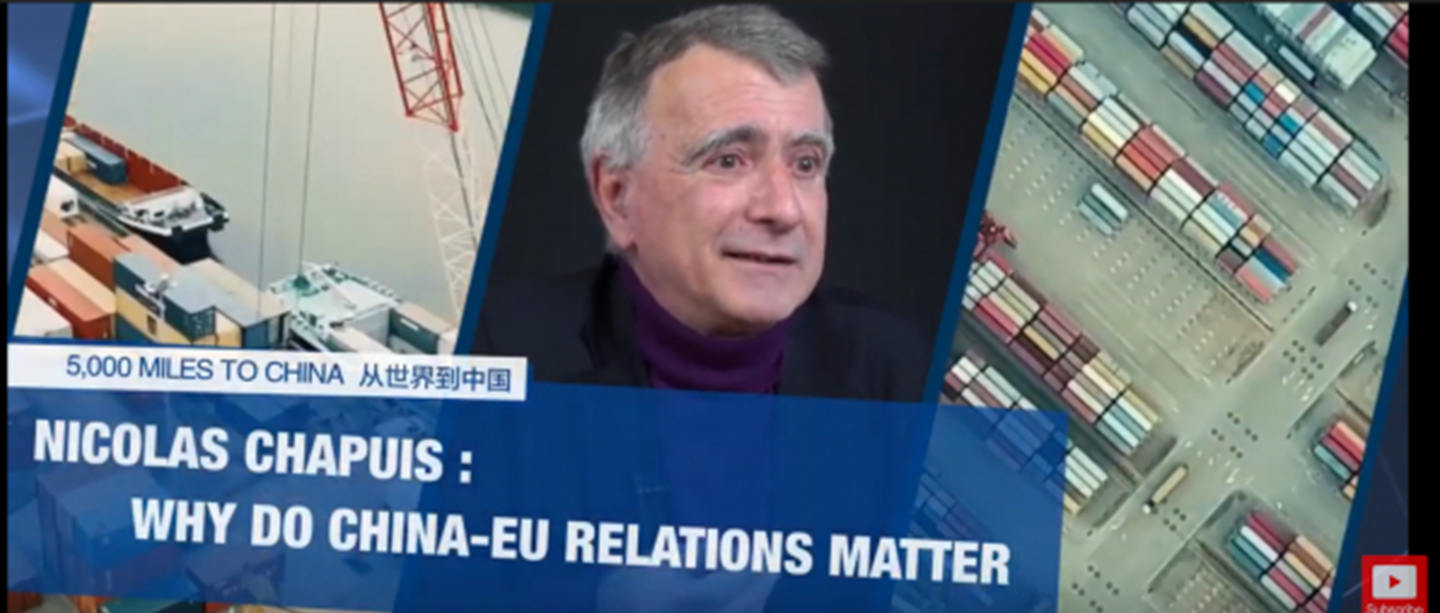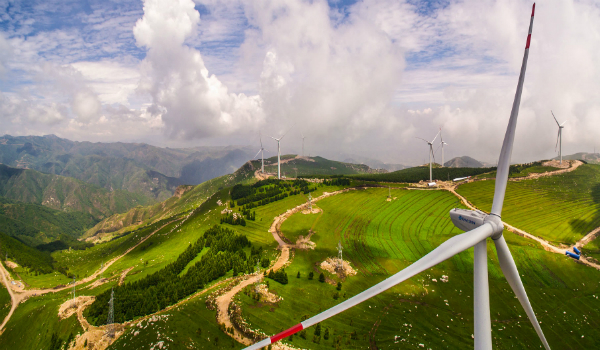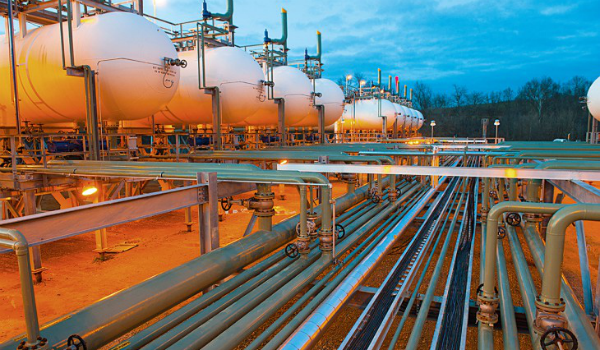
English version PDF (15.2 MB) Kindle (mobi) (10.52 MB)) eBook (epub) (5.8 MB) Chinese version PDF (20.58 MB) Kindle (mobi) - coming soon eBook (epub) - coming soon
[Read more...]中欧能源合作平台于2019年5月15日启动,旨在支持和执行《关于落实中欧能源合作的联合声明》中宣布的各项活动。 2019年4月9日,在布鲁塞尔举行的第八次中国-欧盟能源对话上,中国国家能源局局长章建华先生与欧盟气候行动和能源专员米格尔-阿里亚斯·卡尼特(Miguel Arias Cañete)共同出席并签署了《关于落实中欧能源合作的联合声明》。正在出席第21次欧盟-中国领导人峰会的中国国务院总理李克强、欧盟委员会主席让-克劳德·容克(Jean-Claude Juncker)、欧洲议会主席唐纳德·图斯克(Donald Tusk)共同见证了这一历史时刻。启动实施中欧能源合作平台(ECECP)被明确写入了此次中欧领导人会晤的联合公报。
Read more
China Matters 与欧盟驻华大使 Nicolas Chapuis 阁下就中欧关系的未来和过去进行了交谈。 他告诉我们为什么他认为这是世界上最重要的关系之一。
Read more
2019年3月3日,ECECP初级研究生研究员Helena Uhde 采访欧盟委员会的 Marion Malafosse 和 Jan Steinkohl 2020年1月8日,Jan Steinkohl 在北京举行的 ECECP 研讨会上发表了题为“促进和在欧盟整合可再生能源:对中国的考虑”。
Read more
COVID-19 和全球能源
Read more

English version PDF (15.2 MB) Kindle (mobi) (10.52 MB)) eBook (epub) (5.8 MB) Chinese version PDF (20.58 MB) Kindle (mobi) - coming soon eBook (epub) - coming soon
[Read more...]
by Joe Mitton, EnergyPost Premium, July 9, 2019 (original article - by subscription) With the Chinese state increasingly confident of its renewable energy technologies and manufacturing, European firms are finding conditions right to invest in the sector there. Joe Mitton looks at the conditions for investors, and why EU-Chinese energy partnerships must not be caught up in the US trade war. Energy Post’s Matthew James spoke to Sebastian Meyer, Vice President at EDF Renewables, about his experiences. A new law for the re
[Read more...]
by Joe Mitton, September 20, 2019, EnergyPost Premium - under license to ECECP (original article - by subscription) Increasingly the question is how, not whether, the gas sector will play a major role in the energy transition so regulatory developments are key indicators for strategists and analysts. From possible new curbs on methane pollution, to a power-to-gas technology revolution, to questions over import pipelines, it is a fascinating time for the European gas industry. Energy Post’s Joe Mitton in
[Read more...]
EU to help China fulfil its global climate obligations, and in return... EnergyPost - June 17, 2019 by Matthew James Last month’s launch of the EU China Energy Cooperation Platform (ECECP) should serve as great encouragement for EU energy firms looking to participate in the developing Chinese energy system. Up until now it’s been possible but challenging as firms have not been competing on a level-playing field. But that is set to change as a whole raft of factors mean the time is ripe for meaningful cooperation between the world’s two leading energy mega-mark
[Read more...]